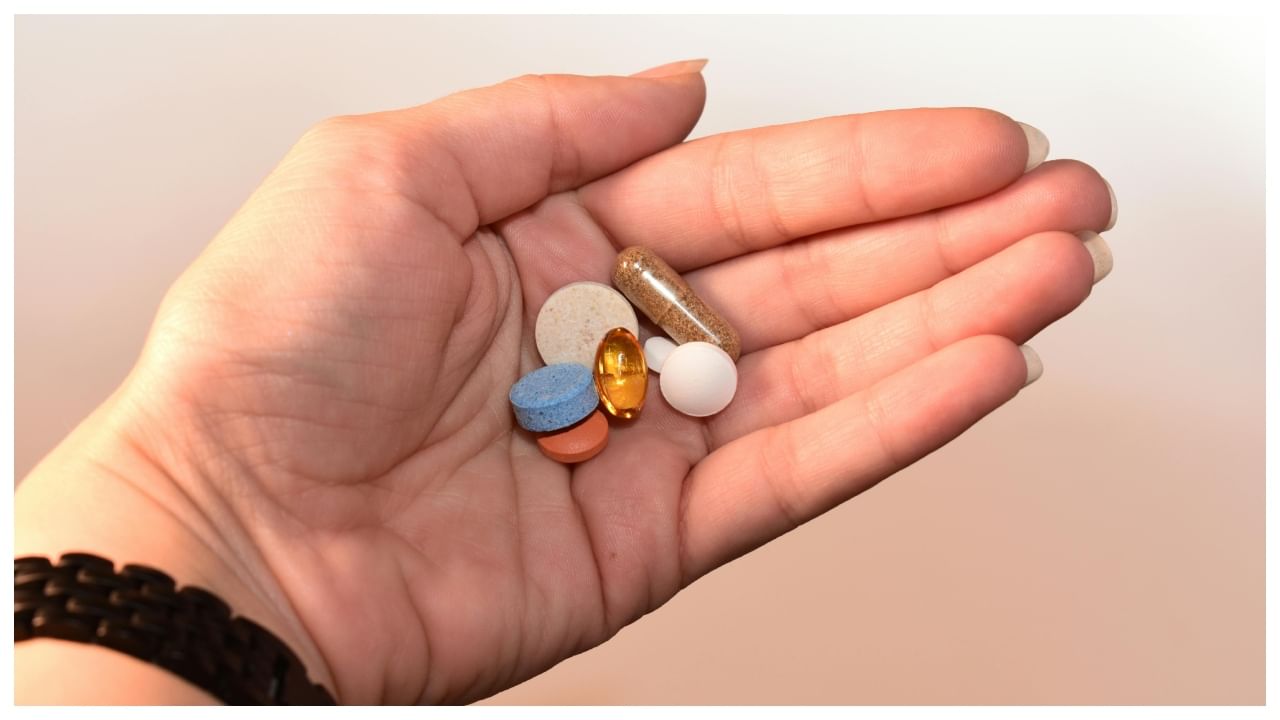New Delhi: Scroll through Instagram or wellness blogs and you’ll find glossy ads for “vaginal detox pills,” “feminine hygiene gummies,” or supplements that promise to “balance your pH.” They’re packaged in soft pastels, endorsed by influencers, and marketed as essentials for every woman. But do women really need these products, or are they selling fear more than health?
In an interaction with TV9 English, Dr Sowmya K N, Consultant – Obstetrician & Gynaecologist, Gleneagles BGS Hospital, spoke about vaginal supplements and whether or not one must use them.
The Myth of “Not Clean Enough”
The idea that the vagina is somehow unclean is centuries old. Today, it simply wears a modern face through wellness marketing. The reality is that the vagina is one of the most remarkable self-regulating organs in the human body. The vagina looks after itself through a natural balance of good bacteria, mainly lactobacilli. These bacteria keep the area slightly acidic, and that acidity itself helps stop harmful germs and yeast from taking over. When women use unproven supplements to “detox” or “reset,” they may actually disturb this balance. Ingredients—whether herbs, probiotics in excess, or unregulated compounds—can cause irritation, discharge, or recurrent infections.
What Truly Shapes Vaginal Health
The real concerns often stem from everyday health issues rather than a lack of supplements. Poorly controlled diabetes, repeated antibiotic courses, smoking, or diets high in sugar are far more common triggers for infections. Stress, lack of sleep, and low immunity also play their part. Hygiene practices matter too—but often in the opposite way people assume. Douching, perfumed washes, or antiseptic rinses strip away the very bacteria that protect women naturally. Most women need nothing more than plain water and a mild, unscented cleanser for the external genital area.
Selling Insecurity
The feminine wellness market is booming, and its success lies in exploiting women’s anxieties. Questions like “Are you clean enough?” or “Do you smell fresh?” are deliberately planted to create self-doubt. This fuels sales, but not health. Many women struggle not with a deficiency of some supplement, but with the consequences of using them.
When to Seek Help
None of this means that all symptoms should be ignored. If you notice persistent itching, unusual discharge, foul odour, or pelvic pain, it is important to see a gynaecologist. These can point to infections or underlying conditions that need proper medical attention. The problem is when supplements are marketed as replacements for medical care. No pill or gummy sold online can substitute for an accurate diagnosis and treatment plan.
The Safer, Science-Backed Path
So, what really helps maintain vaginal health? The answers are straightforward:
- A balanced diet with fruits, vegetables, and whole grains.
- Adequate hydration.
- Safe sexual practices, including protection against infections.
- Regular check-ups, especially if you have ongoing concerns.
These are simple, effective, and backed by decades of medical knowledge.
The vagina is not fragile, nor is it something to be “detoxed.” It is a dynamic, self-cleaning system that usually needs very little interference. The real threat is the narrative that convinces women their natural bodies are faulty or in need of correction. Before buying into the next trending supplement, ask yourself: Is this addressing a real medical problem, or is it just selling me insecurity? For most women, the latter is true. Protecting intimate health does not come from pills or powders—it comes from trusting your body, nurturing it with healthy habits, and turning to qualified medical care when needed.
